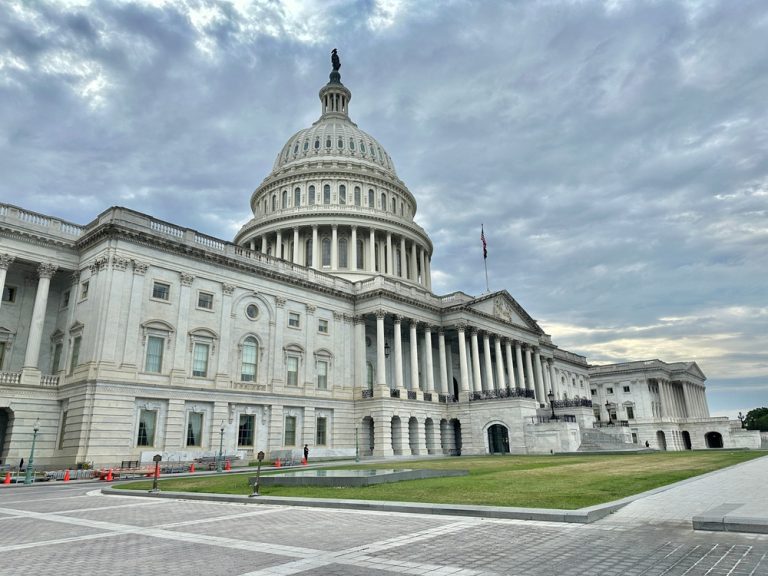Federal authority asserted over capital’s policing
President Donald Trump has ordered National Guard troops onto the streets of Washington, D.C., and placed the city’s Metropolitan Police Department under federal command. Announcing the decision from the White House, Trump described it as an effort to address what he called an epidemic of crime and homelessness in the nation’s capital. The police force will now be overseen by a federal leadership team, which Trump described as “tough” and “very good people.”
Crime data tells a different story
The move has stirred sharp opposition from local officials, who point to federal data showing major declines in violent crime. According to the U.S. Department of Justice, 2024 saw Washington’s lowest violent crime levels in three decades, with homicides down 32%, robberies down 39%, and armed carjackings cut by more than half compared to 2023. Assaults with a dangerous weapon also hit their lowest point in over 30 years. Mayor Muriel Bowser has questioned the administration’s motives, suggesting the deployment is more about optics than public safety.
Impact and public reaction
Over the weekend, more than 120 FBI agents and personnel from other federal agencies were reassigned to street patrols, joining uniformed DEA agents and National Guard soldiers. While some residents expressed confusion at the heavy federal presence, others—particularly those in homeless encampments—voiced concern over Trump’s stated intention to “beautify” the city by removing tents and camps. In a social media post, the president promised to restore Washington to “the most beautiful Capital in the World” and hinted that displaced individuals could be relocated “far from the Capital,” without detailing where they would go.
Concerns for vulnerable residents
Homeless residents like Greg Evans, who has lived near the Lincoln Memorial for several months, fear the policy could uproot people with deep ties to the city. Evans, who has struggled with addiction and health issues, said most Americans prefer solutions that help people rather than displace them. George Morgan, another camp resident, criticized the federal focus on removal instead of support, saying the nation should use its resources to address housing and healthcare needs.
Political stakes
This intervention follows a similar June deployment in Los Angeles that lasted until mid-July and drew criticism from local leaders. Trump has warned that unless D.C. addresses his concerns, federal control could be extended indefinitely. Mayor Bowser has acknowledged the president’s focus on homelessness but insists the city has made progress. She has pledged continued talks with federal officials to address shared priorities while defending local authority over policing and social services.


